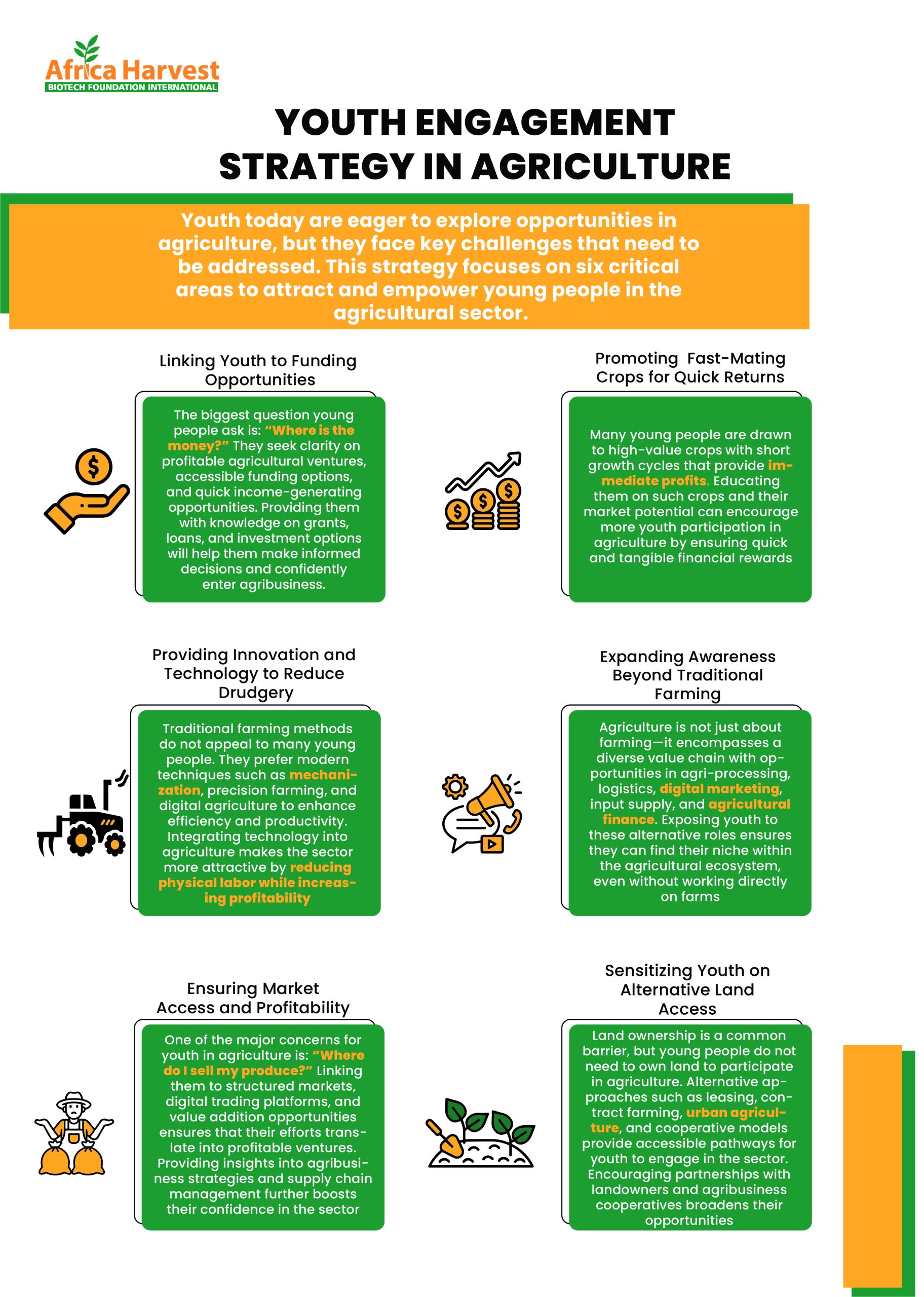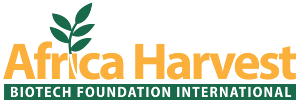Youth today are eager to explore opportunities in agriculture, but they face key challenges that need to be addressed. This strategy focuses on six critical areas to attract and empower young people in the agricultural sector
Click here to download

Youth today are eager to explore opportunities in agriculture, but they face key challenges that need to be addressed. This strategy focuses on six critical areas to attract and empower young people in the agricultural sector
Click here to download
